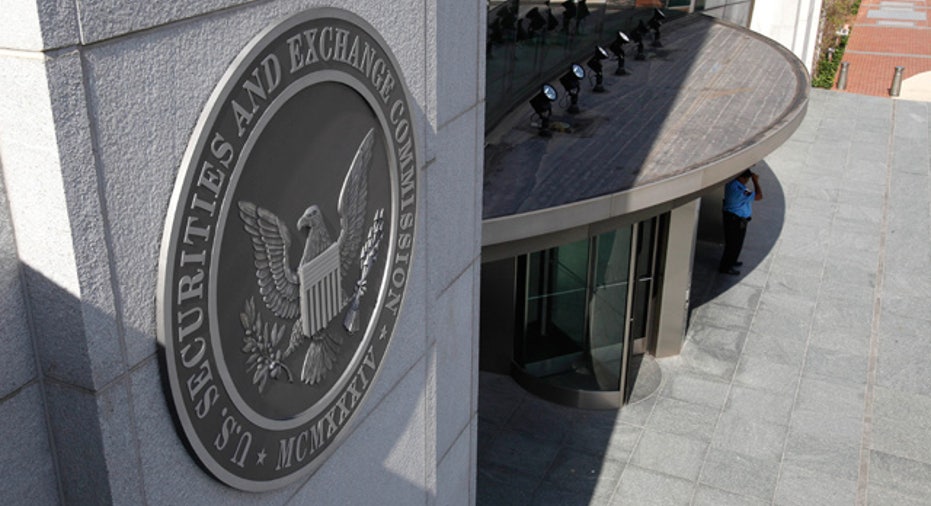Study: SEC Employees Book Higher Stock Returns

Employees of the Securities and Exchange Commission have a penchant for selling stocks ahead of enforcement actions made by the regulator, according to a recent university study.
Based on the study’s findings, SEC staffers book higher-than-usual gains by selling a stock before it heads south.
A hedge portfolio that were to go long on workers’ stock buys and short on their sells would earn “positive and economically significant abnormal returns” of about 4% annually for all securities and 8.5% in U.S. stocks.
Shivaram Rajgopal, an accounting professor at Emory University, and Roger M. White, a doctorate student in accounting at Georgia State University, came to the conclusion that “at least some of these SEC employee trading profits are information based, as they tend to divest in the run-up to SEC enforcement actions.”
The researchers also wrote that stock selling tended to occur “in the interim period between a corporate insider’s paper-based filing of the sale of restricted stock with the SEC and the appearance of the electronic record of such sale online on EDGAR.”
The preliminary report utilized data obtained through a Freedom of Information Act request, including trades made by 3,500 SEC employees between late 2009 and the end of 2011.
SEC spokesman John Nester refuted the study, saying “each of the transactions was individually reviewed and approved in advance by the Ethics office.”
Under a system put in place by the SEC in 2009, employees can’t buy or sell stocks without getting the go-ahead from the regulator’s ethics office. The policy was initiated after a controversy involving two SEC lawyers who were investigate for insider trading.
Employees must also sell company stock when assigned to work on a case related to that company, and in 2010, the agency expanded the list of prohibited securities to include the nation’s largest banks.
“Most of the sales were required by SEC policy,” Nester added. “[The] staff had no choice. They were required to sell.”
FOX Business reporter Peter Barnes contributed to this report.



















